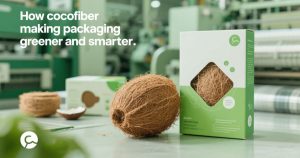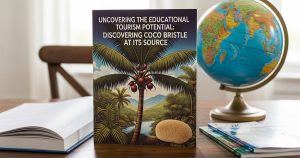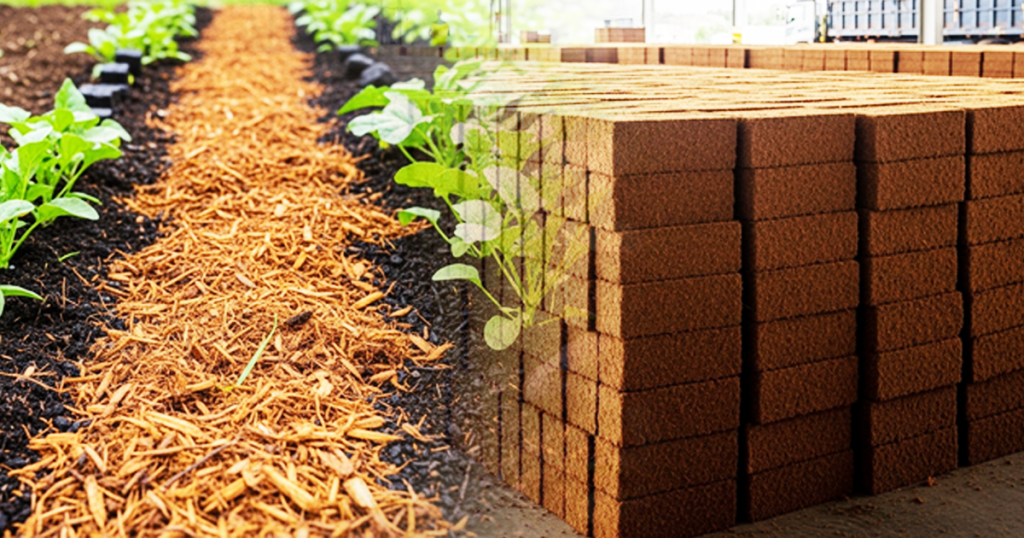Understanding Coco Bristle in Global Trade
As a researcher focused on cocopeat and its by-products, the rising demand for coco bristle a stiff natural fiber derived from coconut husk has become a topic worth examining. This material is widely used in brush manufacturing, mattress filling, and even eco-friendly packaging.
With global markets increasingly emphasizing sustainability and product traceability, coco bristle producers must now meet a host of certification requirements. These standards are not merely bureaucratic hurdles; they are vital for gaining international trust and access to premium markets.
Why Certification Matters in the Natural Fiber Industry
Product certification serves as a formal recognition that a product adheres to specific standards of quality, safety, and sustainability. In the context of coco bristle, certification ensures that the raw materials are ethically sourced, processed in a hygienic environment, and free from harmful substances.
For exporters, certifications like ISO 9001 for quality management and REACH compliance for chemical safety are increasingly becoming prerequisites. These seals of approval can significantly enhance market value while assuring buyers of consistent and safe product quality.
Environmental Standards: From Waste to Resource
One of the most emphasized certifications today involves environmental management, particularly ISO 14001. This standard ensures that manufacturers operate in an environmentally responsible manner, minimizing waste and emissions.
Since coco bristle is essentially an agricultural by-product, the narrative of turning waste into a valuable resource aligns well with sustainability goals.
Certification bodies often require documentation on waste processing, energy use, and water management. In this context, adherence to such standards helps coco bristle stand out as an eco-smart alternative to synthetic fibers.
Worker Safety and Ethical Production
Occupational health and safety standards, especially ISO 45001, are another cornerstone in product certification. Coco bristle production involves physical labor, often in semi-industrial settings. Certification ensures workers are provided with safe working conditions, adequate training, and protective equipment.
Ethical sourcing certifications, such as Fair Trade or SA8000, are also gaining traction. These not only protect workers’ rights but also elevate the brand in socially conscious markets like Europe and North America.
Chemical and Microbial Safety: The Hidden Risk
An often-overlooked aspect of coco bristle certification is chemical and microbial safety. Natural fibers are susceptible to microbial contamination during storage and transportation. Therefore, certifications like the OEKO-TEX® Standard 100, which checks for harmful substances in textiles, have become increasingly relevant.
Additionally, compliance with the EU’s REACH regulation ensures that products do not contain restricted chemicals. Laboratories often test for heavy metals, residual pesticides, and microbial presence as part of the certification process.
Phytosanitary Compliance for Export
For exporters, phytosanitary certification is non-negotiable. This certification confirms that the coco bristle has been treated or processed to eliminate pests and plant diseases. Countries like Australia and the United States require strict phytosanitary controls to prevent the spread of invasive species.
The certification process may involve fumigation, heat treatment, or other pest-control methods approved by national authorities. A phytosanitary certificate is typically issued by the Ministry of Agriculture or a designated plant protection organization.
Traceability and Blockchain Integration
The latest trend in certification involves traceability, often powered by digital tools like blockchain. Certification bodies and buyers are increasingly demanding transparency throughout the supply chain from coconut farmers to the final product.
Blockchain solutions allow real-time tracking of raw materials, labor records, and shipping details. This level of transparency not only supports certification processes but also builds brand loyalty among eco-conscious consumers who demand full visibility into how their products are made.
On Meeting Certification Standards
In a world leaning toward sustainability and ethical production, coco bristle producers cannot afford to overlook certification. The process may appear burdensome at first, involving audits, documentation, and investment in infrastructure.
However, the long-term benefits access to international markets, premium pricing, and brand trust make it a strategic imperative. For researchers and producers alike, staying updated with evolving standards is no longer optional but essential for survival in a competitive global landscape.







